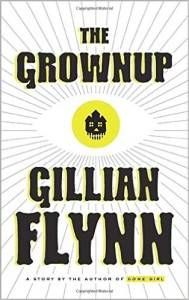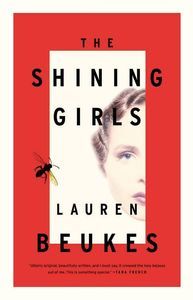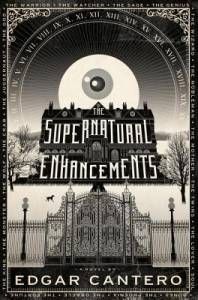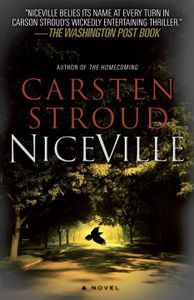
4 New Twists on the Haunted House Story
In classic Gothic tales such as Poe’s “The Fall of the House of Usher” and Horace Walpole’s Castle of Otranto, haunted houses and apparitions function as a physical manifestation of psychological issues. Through unreliable narration and misdirection, this trope causes us to question whether the house’s sentience derives from the negative energy of its inhabitants or whether paranormal phenomena induce psychoses in the residents. Daphne du Maurier’s Rebecca and Shirley Jackson’s The Haunting of Hill House revived this trope in 1936 and 1959, respectively. Since then, the haunted house has evolved from ancestral homes to other living spaces such as the Overlook Hotel in Stephen King’s The Shining or the new home documented in The Navidson Record, the book-within-a-book in Mark Z. Danielewski’s House of Leaves. With new possibilities for possessed locations, the focus on individual madness has grown to include collective social anxieties and antagonisms.
Here are four neo-Gothic tales that update the classic haunted house story by investigating social issues through supernatural spaces:

Taught to panhandle from an early age by her deadbeat mother, Flynn’s unnamed narrator is an adept con artist. In her current gig as a palm reader, she spots an easy grift in her client, Susan Burke. When Susan describes disturbances within her suburban estate, Carterhook Manor, the narrator claims a “psychic” ability to cleanse the house. However, the true horror is Susan’s creepy teenage stepson, who forces the narrator to confront her fears of becoming her mother. With allusions to supernatural novels by Wilkie Collins and Henry James, The Grownup transplants the haunted manor house into an ominous suburbia that offers grim prospects for adulthood.

In 1929, a ramshackle house provides Harper Curtis with a wormhole through which to access different eras and destroy “shining girls.” These girls are strong-willed, educated, young women with bright futures. When Kirby Mazrachi, the lone survivor of Harper’s murder spree, attempts to identify and find her attacker, she discovers the house and is transported from 1993 to 1929 for a final showdown against Harper. By interspersing Kirby’s narrative with accounts of other shining girls throughout history, Beukes uses the house as a time-travel vehicle to address a legacy of gendered violence against women, particularly ones who threaten to upset patriarchal norms.

A. inherits a mansion rumored to have a history of mysterious deaths, ritualistic worship, and multiple ghosts. Through narrative devices such as ciphers, dream journals, and correspondence, Cantero invokes both horror classics such as Dracula and The Strange Case of Dr. Jekyll and Mr. Hyde and Edgar Allan Poe’s cryptographic short story “The Gold-Bug.” Aided by his ward Niamh, A. attempts to decode the messages hidden within the house. This leads to the existence of a secret society that searches for people, places, and motifs from the collective unconscious of humanity’s dreams and nightmares.

With 179 random stranger abductions since 1928, the quaint town of Niceville is anything but nice. After multiple disappearances afflict descendants of the town’s Founding Four families, Detective Nick Kavanaugh concludes that something inhuman is attacking these family lines. Rather than one haunted house, Niceville has many, as an entity capable of traveling through mirrors and glass seeks vengeance for a centuries-old blood feud. With an ironic wink at rural America, Stroud exposes the hypocrisy and hostilities masked by idyllic small-town values.

















